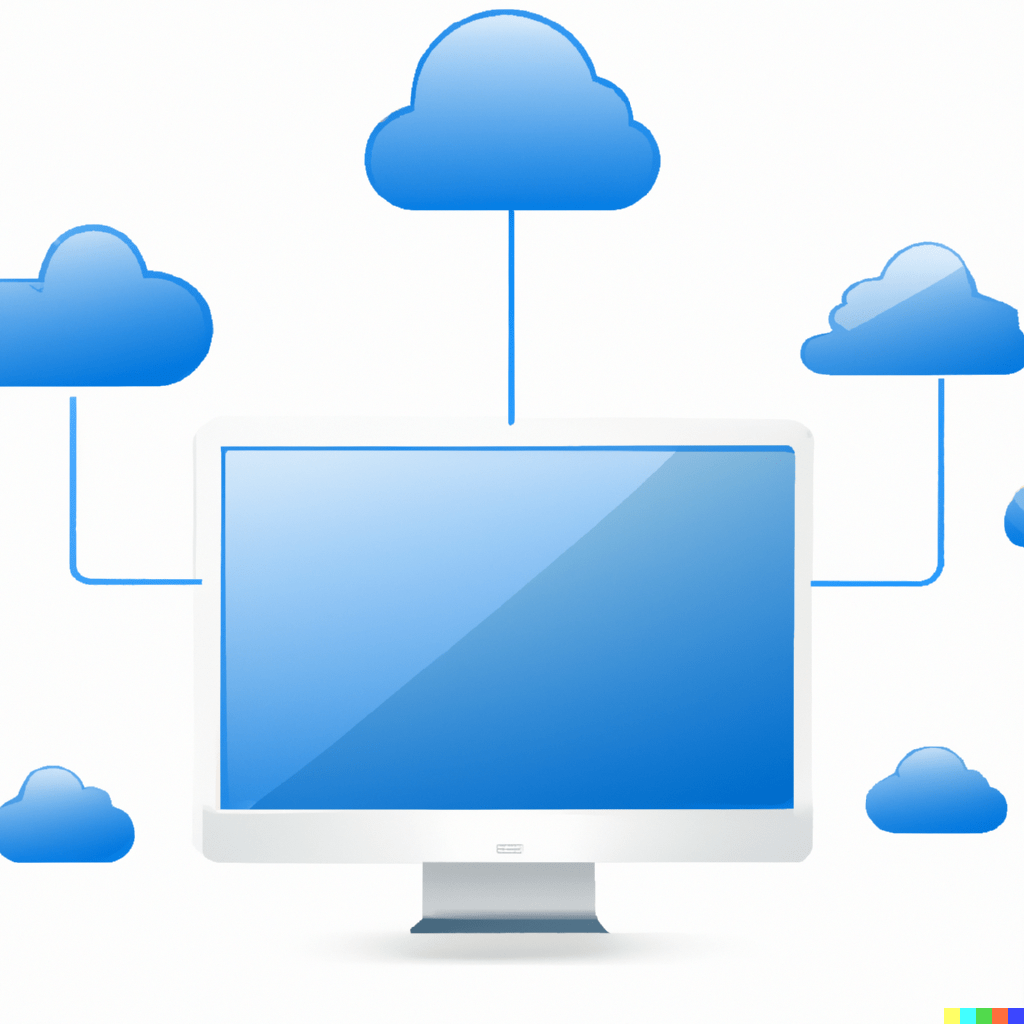Cloud computing is a term that refers to the delivery of computing services over the internet, such as servers, storage, databases, networking, software, analytics, and intelligence. Cloud computing enables users to access and use these services without having to invest in or manage physical infrastructure, such as hardware, software, or networks. Cloud computing also offers benefits such as scalability, reliability, security, and cost-efficiency.
One of the main applications of cloud computing is system administration, which is the process of managing and maintaining the operation of computer systems and networks. System administration involves tasks such as installing, configuring, updating, monitoring, troubleshooting, and securing systems and applications. System administration can be challenging and time-consuming, especially for large and complex systems that require high availability and performance.
Cloud computing can help system administrators by providing them with tools and platforms that simplify and automate many aspects of their work. For example, cloud computing can offer:
- Infrastructure as a service (IaaS): This is the provision of virtualized servers, storage, and networking resources that can be rented and scaled on demand. IaaS allows system administrators to create and manage virtual machines (VMs) that run their applications without having to worry about the underlying hardware or network configuration. IaaS also provides features such as load balancing, backup, disaster recovery, and security.
- Platform as a service (PaaS): This is the provision of a development and deployment environment that includes operating systems, programming languages, frameworks, libraries, databases, and tools. PaaS allows system administrators to develop and deploy applications without having to install or manage any software or infrastructure. PaaS also provides features such as version control, testing, debugging, logging, and monitoring.
- Software as a service (SaaS): This is the provision of software applications that are hosted and managed by a third-party provider and accessed via a web browser or an application programming interface (API). SaaS allows system administrators to use applications without having to install or update them on their own devices. SaaS also provides features such as integration, collaboration, customization, and security.
Cloud computing can also help system administrators by enabling them to leverage the expertise and experience of cloud service providers who have specialized knowledge and skills in managing large-scale and complex systems. Cloud service providers can offer system administrators best practices, guidance, support, and training on how to use cloud services effectively and efficiently. The most popular cloud computing service is office.com. Office.com has some great training you can learn now.
In conclusion, There is no cloud, just someone else’s computer. cloud computing is a powerful and versatile technology that can offer system administrators many advantages in terms of convenience, flexibility, performance, and cost. Cloud computing can help system administrators to focus more on their core business goals and less on the technical details of their systems. Cloud computing can also help system administrators to improve their skills and knowledge by exposing them to new technologies and methodologies.

